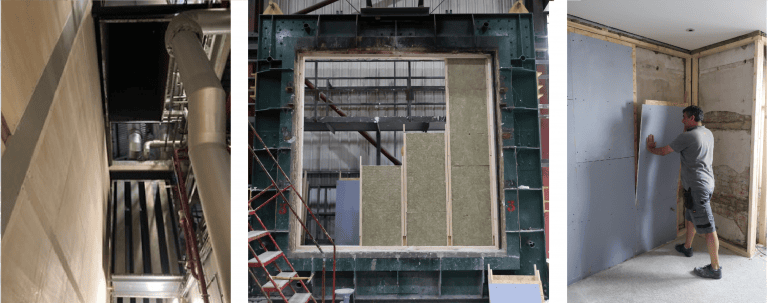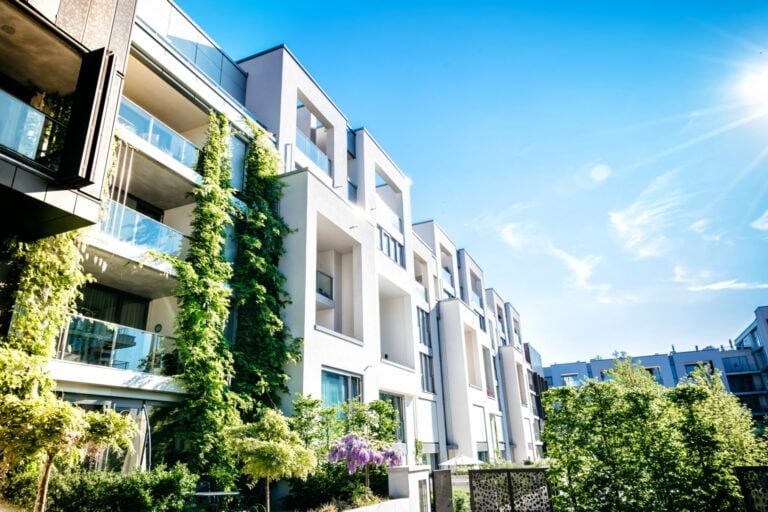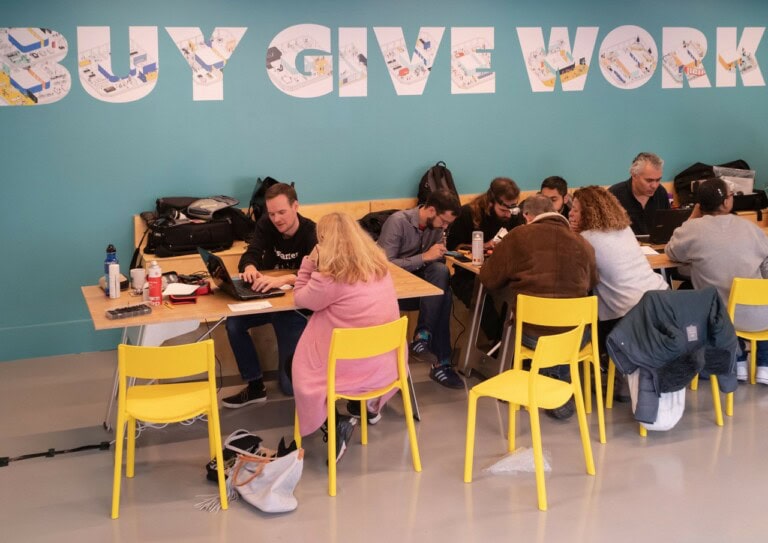Social housing prefabricated retrofit and funding approach

Problem Addressed
Worldwide, we use and waste of lot of energy – much of which is used in our homes. As a result we pay high energy bills to live in often uncomfortable homes, because of humidity, mould and draughts. How can we deliver whole-house retrofits quickly with minimal disruption to residents?
This solution was sourced in response to one of UKGBC’s past challenges on ‘Making Existing Buildings Net Zero Operational Carbon’.
Case Study
Nottingham CityHomes used Energiesprong UK to become the first housing association to pilot net zero retrofits. The first 10-home pilot project and 17-home continuation was delivered by Melius Homes. It included clusters of homes with communal energy centres, ground source heat pumps fed by electricity generated from solar panels on the roof as well as battery and thermal storage which ensures that the solar energy produced is stored on site.
Facts and Figures
This page presents data, evidence, and solutions that are provided by our partners and members and should therefore not be attributed to UKGBC. While we showcase these solutions for inspiration, to build consensus, and create momentum for climate action, UKGBC does not offer commercial endorsement of individual solutions. If you would like to quote something from this page, or more information, please contact our Communications team at media@ukgbc.org.
Related
Acoustic modular wall system eliminating waste

Decarbonising Precast Concrete

Solution to provide cheaper finance to build low carbon homes

Model to give away space when space is bought

